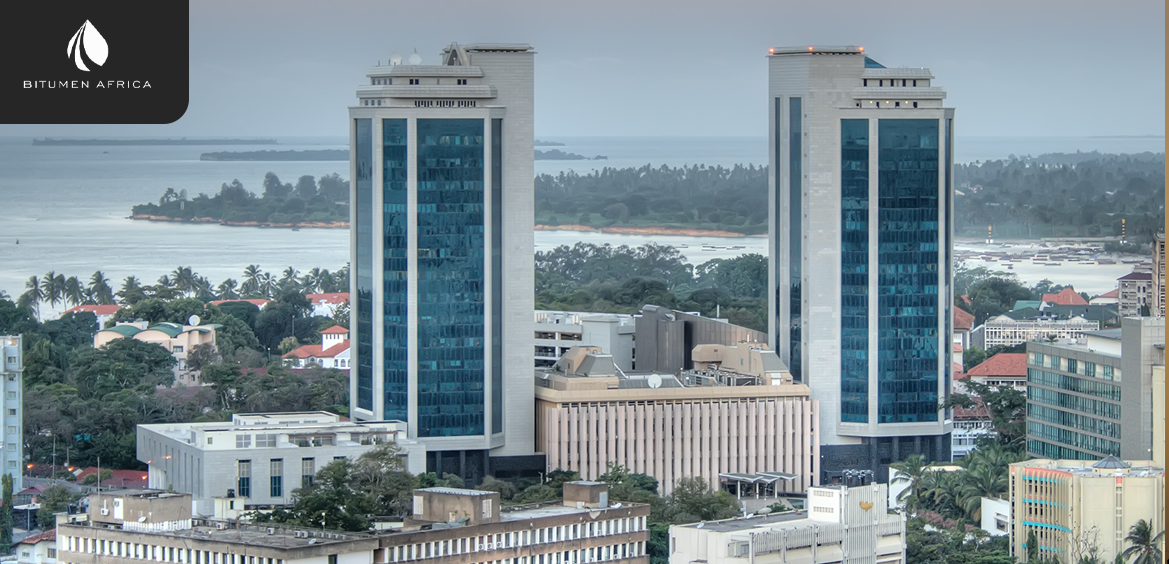Tanzania's economic outlook for 2025 is shaped by several key factors and initiatives. Here's a comprehensive analysis:
Economic Growth and Investment
Tanzania aims to attract US$ 15 billion in investments in 2025, focusing on sectors such as manufacturing, clean energy, transport, minerals, agriculture, and services. This ambitious target is supported by the Tanzania Investment Centre (TIC) and various government reforms aimed at improving the business environment.
Key Sectors Driving Growth
- Agriculture: As a cornerstone of Tanzania's economy, agriculture is expected to benefit from increased investments and modernization efforts. The government is prioritizing agricultural productivity and value addition to enhance food security and export potential.
- Manufacturing: The manufacturing sector is set to grow, driven by investments in industrial parks and special economic zones. The integration of TIC and the Export Processing Zones Authority (EPZA) aims to streamline operations and attract more investors.
- Tourism: Tourism remains a vital sector, with efforts to diversify tourist attractions and improve infrastructure. The government is working on enhancing the tourism experience to attract more international visitors.
Economic Indicators
- GDP Growth: The International Monetary Fund (IMF) projects Tanzania's GDP to grow by 6% in 2025, reflecting steady economic expansion.
- Inflation: Inflation is expected to remain stable, averaging around 3.4%, supported by stable food and energy prices.
- Fiscal Deficit: The fiscal deficit is projected to stabilize at 2.5% of GDP, with improvements in revenue performance.
- Current Account Deficit: The current account deficit is expected to be around 4.2% of GDP, benefiting from merchandise exports and tourism receipts.
Government Initiatives and Reforms
The Tanzanian government has implemented several reforms to boost economic growth:
- Investment Act of 2022: This act aims to enhance investment promotion and streamline processes for investors.
- One-Stop Facilitation Centre: This center consolidates services from 16 public institutions, simplifying the investment registration process.
- Integration of TIC and EPZA: The planned merger aims to improve the business environment and attract more investments.
Challenges and Risks
Despite the positive outlook, Tanzania faces several challenges:
- Geopolitical Tensions: Regional and global geopolitical tensions could impact trade and investment flows.
- Climate Shocks: Tanzania is vulnerable to climate-related risks, which could affect agricultural productivity and overall economic stability.
- Global Economic Conditions: Sluggish global growth could impact Tanzania's export performance and foreign investment inflows.
Conclusion
Tanzania's economic prospects for 2025 are promising, with strong growth expected across key sectors. The government's focus on attracting investments, implementing reforms, and enhancing infrastructure is likely to drive economic expansion. However, addressing potential risks and challenges will be crucial to sustaining this growth trajectory.

